I remember the first time I had an Avocado. It was in Dubai with my father at the Chicago Beach Hotel when I was 8 years old. I was sitting at the table swinging my legs and observing the expats who had travelled to Dubai to sup on alcohol. Alcohol that was illegal in dry countries like Saudi and they shouldn’t have been able to find in others like Pakistan.
Dad had ordered the classic Avocado with prawns and asked if I wanted to try some. My eyes lit up as I tasted the creamy texture like no other. I was hooked. I didn’t have one again for years as they weren’t something you found at the market in Karachi.
Then I moved to London after Uni and I had Avocados every morning with Eggs and Chilli. The perfect cure for those alcohol fueled nights out in my 20s! It wasn't until later that I questioned if I should be eating them everyday.
So where do Avocados come from, why do we have a postman to thank for the Hass and why do you need to be able to handle a AR-15 rifle to grow them? Join us as we investigate this ridiculously popular and scrummy super food
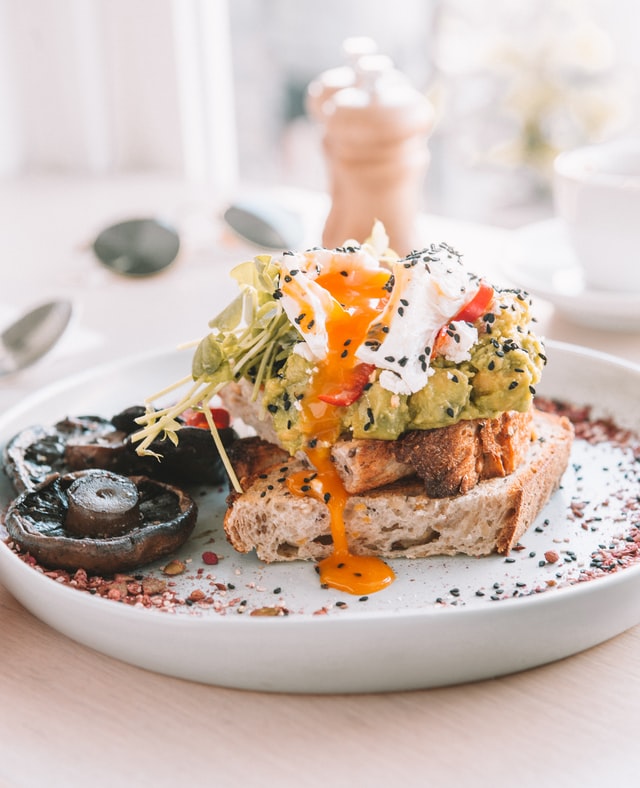
Like most of our food the Avocado started its life as a wild fruit sometime between 7,000 and 5,000 B.C and the Aztecs named it ahuacatl which translates to “testicle” inspired by the shape of the fruit and the fact it grew in pairs. Archaeologists in Peru even found domesticated Avocado seeds buried with Incan mummies dating back to 750 B.C. So it isn’t just us that are fans of this wonderful superfood.
During the Cenozic era, Mammoths and Gaint Ground sloths would greedily gobble to Avocado and travel long distances. Pooping out the large seeds as they went populating the land with this delicious fruit.
We love Avocodos so much that the industry is worth a staggering $1 Billion in the US alone! With the creamy Hass variety accounting for 80% of all Avocodos eaten. Yet it almost didn't exsist!
Welcome A.R. Rideout the great Avocado innventor to our story. He was always out searching for new varities and planting whatever seeds he could find.
I imagine him as a cross between Sherlock Holmes and James Wong creating a seedy revolution. He planted whatever seeds he could find along streets or in neighbours gardens during the 1920s. The roaring 20s - a time when the talking box (radio) exploded in popularity, women got the vote in the US and America had a de-facto female president.
Now in the lockdown 2020s we are still planting seeds wherever we can. Take Jodie Rogers in our Kitchen Table Revolution who has been out planting seeds in alleyways with her boys and we love this too. Bringing the world alive as we go. So Mr Rideout we salute you!
Back to our hero the Avocado - in the late 1920s Mr. Rudolph Hass, a postman, purchased a seed from Rideout and planted his new orchard. He wanted to graft another variety onto it but when repeated grafts didn’t take he decided to condemn the tree to an untimely death.
His children were horrified - they loved the Hass and preferred it to the then popular Fuerte. So they set to work to convince him that it tasted amaizng and it produced a huge crop. It reads like something out of a fairystory. They cast their spell on him and he was so convinced that he named the tree after himself and whacked a patent on it in 1935.
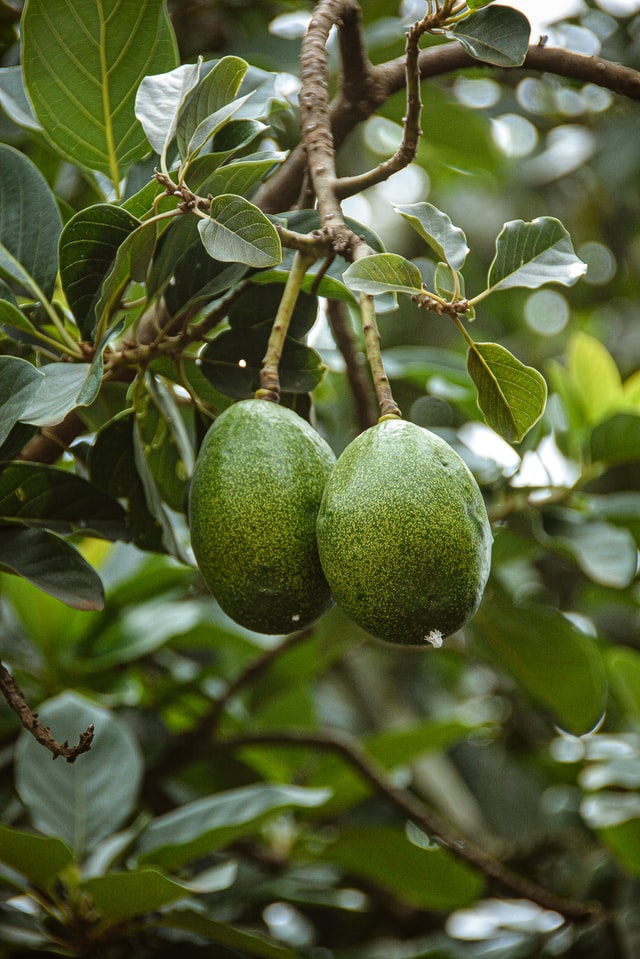
It's crazy to think that one tree launched an avocado revolution isn’t it! In fact Harold Brakaw’s nephew Hank nursed her through more than a decade trying to save her from root fungus.
In 2002 Hank lost the fight and the tree’s wood is currently in storage awaiting the right honour fit for the original Hass Mother Tree. It shows is that farming isn't all about money but also love!
Like everything money talks - with increased demand for Avocado we see economic and enviornmental expenses which are more complex and less straight forward than one would think.
The increasing demand has led to vast amounts of deforestation, water shortages and crime. No where is it more acute than in Mexico, which is still the largest producer of Avocados.
Money talks so farmers are thinning out pine forests to plant avocado trees to meet demand. Farmers plant them first under the canopy and then trim back the forest, making it near impossible to detect the illegal activity from above.
Not all Avocado producers are illegal but at least five in every 10 Avocados in Jalisco are, if not illegal, then suspect. It is estimated an average 17,000 acres of deforestation for Avocado occurs each year in Michoacán alone. Which to put into perspective is the size of 272,000 tennis courts!

Deadly drug cartels like Knights Templar are also involved. Last week we learnt about the Mafia and the Olive Oil business - did you know 69% of extra Olive Oil exported from Italy is fake? Well it isn’t just Olive Oil.
In order to to defend yourself against the ultra-violet cartels. Not something our local farmers need to deal with here. Michoacan is the fertile heartland of the Avocado and thanks to the huge increase in demand from the US for Avocados the region has been lifted out of poverty in the last decade.
It is likely the Avocado on your kitchen table is from here as Mexico supplies 43% approx of world Avocado exports, almost all from Michoacan state.
However where there is money there is also extortion, kidnapping and of course Avocado theft. A small Avocado orchard earns a local grower more than they would get from any other legal or indeed illegal crop.
The Viagras cartel (named because their founders combs so much gel onto their hair that it stands up on end) do everything they can to take some of the money from old fashioned protection payments to a more modern phenomenon of flying drones over them.
The Avocado growers also have to contend with different cartels fighting between each other. The new Jalisco New Generation cartel who is trying to gain territory in Michoacan hung nine bodies from an overpass in Urupan and left 10 more corpses hacked up and dumped in the road. They hung a banner on the overpass stating “ Be a Patriot, Kill a Viagra.” It's hard to believe this is an avocado war.
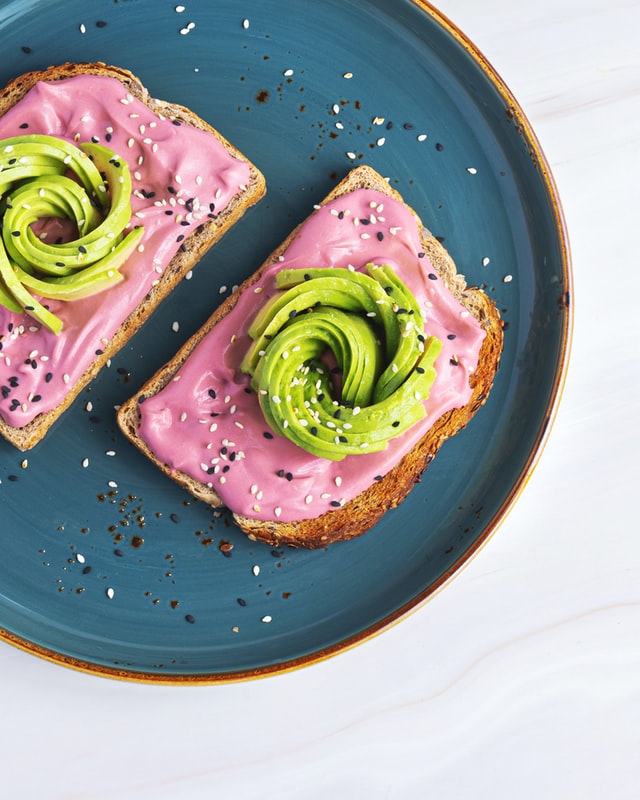
Hipoloti Mora founded the state’s civilian armed self-defense movement in 2013 tells of how new fruit packing plants have been robbed at gunpoint three times in one week by thieves who know when they would have cash onsite.
It's hard to know who to trust as the police are corrupt. They have also been seen to kidnap Avocado orchard managers and workers at gunpoint and several are in jail.
Carlos Martínez is a third-generation avocado grower whose 2.5-hectare (6-acre) grove in Ziracuaretiro can produce as much as 50 tons of avocados in a good year, worth about $100,000.
'It is a question of crime and that affects us as third parties, and our customers,' Martínez said. 'We just wake up each morning hoping it doesn't happen to us.'
Martínez hasn't had any shipments of avocados stolen yet - a common complaint in Michoacan - but he said thieves often steal avocados from the orchards. He, like most growers, had to put up chain-link fences and hire a guard. But it is the fear of kidnapping or the phone call demanding protection payments that worry him most.
'I don't answer phone calls from numbers I don't know,' Martínez said.
Then there is the flip side of how Avocados have lifted so many in Michoacán out of poverty. De la Guante was a farmerworker before he planted Avocadoes on 2.4 acre of sandy land 11 years ago. A small plot that now produces as much 10 tons of Avocado where he can provide for his own family.
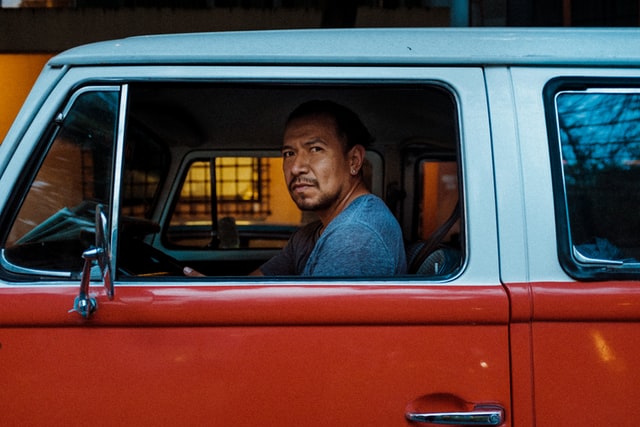
It goes further than the individual farmer as it offers vulnerable people jobs like single mothers in the packing plants. Not everyone wins though as the physical demands of climbing trees with long poles to collect the Avocados means few can work beyond the age of 45.
I read it takes a “staggering” 272 litres of water to grow a single Avocado compared to 24 litres to grow half a kilo of Tomatoes. That is 3.5 baths of water to grow each and every Avocado you eat. It blows my mind and I can see why Avocados are said to be among the three crops causing the most water stress in production.
They have their benefits as they also act as a natural barrier for fire helping to slow down wildfires and help firefighters out there risking their lives to protect others. However in times of drought this still has an awful impact on the growers and the environment.

I can't honestly say I will never eat an Avocado again but it is a monthly or even quarterly treat that I cherish rather than an everyday staple.
We can get our nutrition from other sources - Broccoli and Cabbages will give you Vitamin K, Kidney Beans, Lentils or Cauliflower for Folate/Vitamin B9 and Extra Virgin Oil and Peanut Oil for monousaturared oils.
If we decrease our demand for Avocado we can directly impact the environmental impact of deforestation. It happens because money talks. Or is this us living in la la land? People need to make money so if demand decreases for Avocado would this be replaced with drugs? I find I go round and round in my head. What do you think?
I know what I can do is look for a Fairtrade label that guarantees farmers’s and their employees working conditions and wages are better than most in their industry. Also Fairtrade aims to protect the environment too. However getting my head round three and a half baths of water to grow each and every avocado I eat in places of drought like California and Mexico is a harder one to stomach.
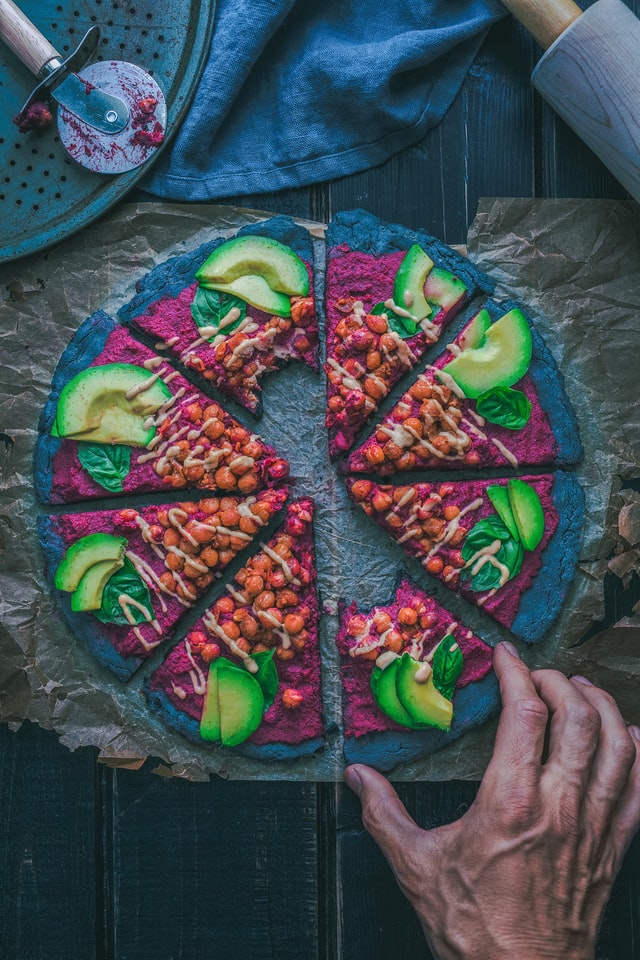
Enjoyed uncloaking the truth about Avocados? Sign up to our mailing list here you won't know how you lived without it. Quirky recipes, uncovering shocking myths and our fabulous foraging fairytales!
Want to read more first? Why not read our Co Founder Duncan Tinklers blog dunbunking outrageous myths about sugar? Or find out the shocking truth about Supermarket honey by our in house sustainability expert Alicia. Or let yourself go on a Foraging Fairytale journey with our me our co-founder - Imogen Tinkler and find out why out why young boys used to sting their loves with nettles. Not sure Duncan and I would have got married if he did this to me!
Help us spread the word about our vibrant community and share our blog "Why do you need to be able to handle a AR-15 rifle to grow Avocadoes?" with your friends on Facebook, Twitter or even right to their inbox. We salute you!